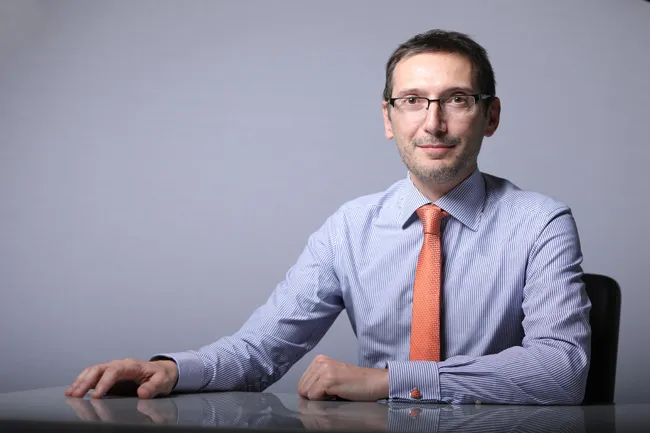Europe has a strong demand for bitumen, with road construction being a key driver. This is clear from new data from Eurobitume. Its newly-released report, 2016
Eurobitume Director General Aimé Xhonneux said, “The members of Eurobitume France are pleased with this situation, which follows Eurobitume taking an active part in communicating with the main stakeholders and creating a positive environment for a sustained bitumen demand.”
Road construction drives the market for bitumen use. Around 93% of all the bitumen supplied during 2016 was directed towards road paving applications.
A table illustrating the consumption breakdown across Europe is available from the Eurobitume website. The data is presented by country/region and provides a representative indication of the total consumption across all grades of bitumen. Consumption is reported by country where at least four suppliers have provided data. Where fewer than four suppliers responded, country figures are grouped together.







